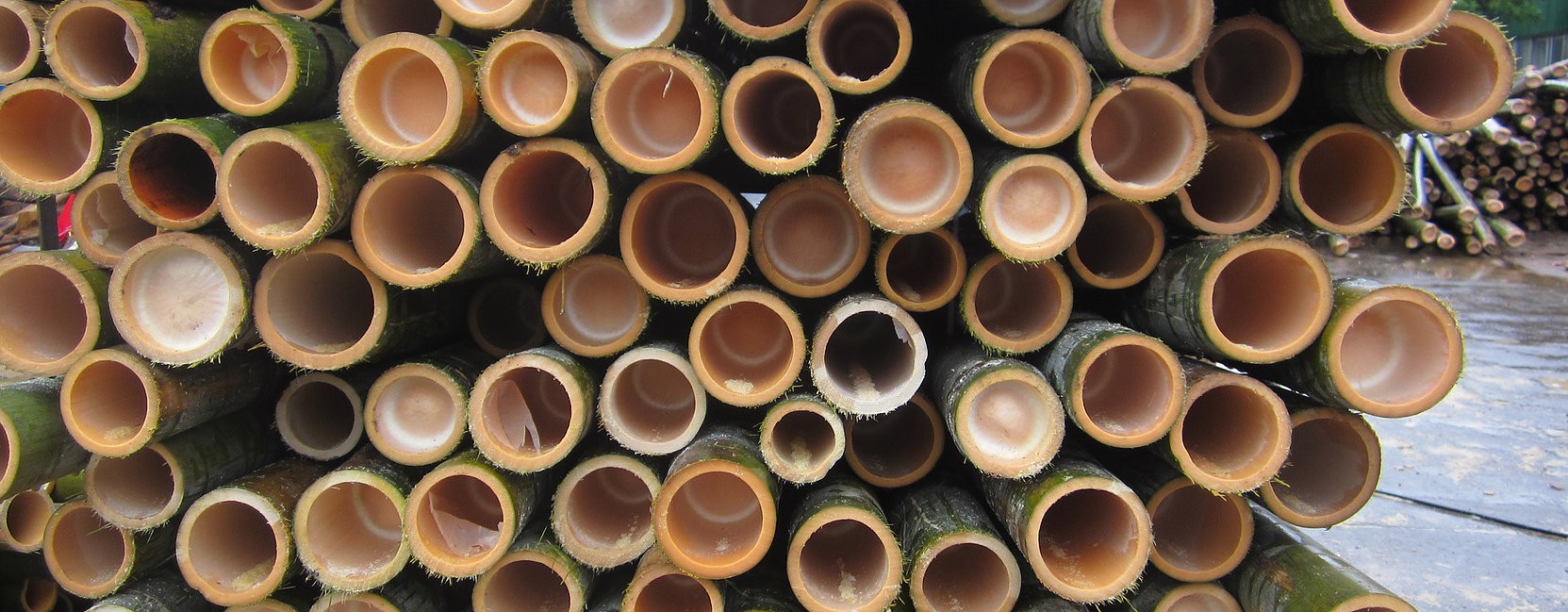Advertisement
Bamboo is sustainable and easy to grow, and South Africa has the perfect conditions for cultivation. Could this be the answer as a building material for affordable housing?
We’re all familiar with the extensive uses that bamboo offers – from flooring and furniture to chopping boards and even toothbrushes. But Earl Patrick Forlales, a young design engineer in Manila, Philippines, takes it a step further … bamboo houses. So innovative were his ideas and designs that they won the top prize of £50,000 from the Royal Institute of Chartered Surveyors Cities for our Future competition in 2018 – prize money he will be using to start his CUBO communal housing project in Manila.

In addition to being inspired by his grandparents’ traditional rural bamboo house, he chose bamboo because it is an eco-friendly material and, when treated and laminated, has a lifespan 10 times longer than regular bamboo. An added eco-benefit is that his CUBO homes will have a slanted roof for rainwater catchment, and stilts to keep out floodwater.
But why bamboo?
Bamboo is an extremely hardy type of grass that grows well in virtually any soil type, without the need for pesticides and fertilisers, and needs little to no irrigation. It is exceptionally fast growing, with some species growing as much as 91cm in a day! It’s this phenomenal growth rate that enables it to be harvested after about 2–3 years, and once harvested, the bamboo plants regrow, a fact that makes it a far more sustainable option than hardwood – and the fact that it needs to be harvested by hand adds to its value by creating employment.
Bamboo has a higher tensile strength than steel, and its lightweight nature makes construction transporting easier and relatively inexpensive. Its resistance to insects makes its use as a building material ideal.
Another interesting fact is that a bamboo forest will release approximately 35% more oxygen than a hardwood forest of equivalent size. And, because it only releases the sequestrated carbon when it decomposes, using it as a long-term building material means that the carbon it absorbed is stored safely.
Bamboo farming in South Africa
With the global bamboo economy projected to reach US$ 98.3 billion by 2025, it’s little wonder that South Africa is keen to get a piece of the pie. Bambusa balcooa, or Giant Bamboo, as it’s commonly known, is generally the bamboo of choice as it is non-invasive, forming clumps instead of runners and has sterile seedheads.
Commercially, bamboo is used for furniture and a variety of building materials, and it can be pulped and used for newsprint, cardboard and even toilet paper and textiles – bamboo socks, T-shirts and towels are all the rage for eco-shoppers. On a small scale, bamboo is grown in some rural areas and used to make woven baskets and crafts for the tourism industry.

Advertisement
Bamboo was introduced into South Africa in 1960 to produce paper pulp, but the first successful commercial operation is the Kowie Bamboo Farm near Bathurst, which is owned and operated by the multinational Ecoplanet Bamboo Group. In KwaZulu-Natal, Green Grid Energy grows bamboo to produce renewable energy to power a Sappi mill in the iLembe District. There are several smaller growers, but these two are the largest projects, each cultivating in excess of 300 hectares of bamboo.
So, what’s the future?
As a country, we’ve clearly got the climate and the potential growers, if we could just get past the politics of land tenure and ownership – much of the land with high potential for bamboo growing is under traditional authorities and communal governance – and, of course, the issue of financing.
Challenges aside, imagine if we could create enough treated, laminated bamboo board to create the CUBO homes that Earl Forlales designed – manufactured in a week, constructed in four hours and at a cost of £60 per square metre (at the current exchange rate approximately R1,200 per square metre), mass produced, modular and easy to construct. Could this be the answer to Africa’s affordable housing dilemma?




Hi we are interested in buying a house. Please contact me 0827858157
Cheryl
Hi can you build a bamboo house around Eastern Cape King William’s town.?